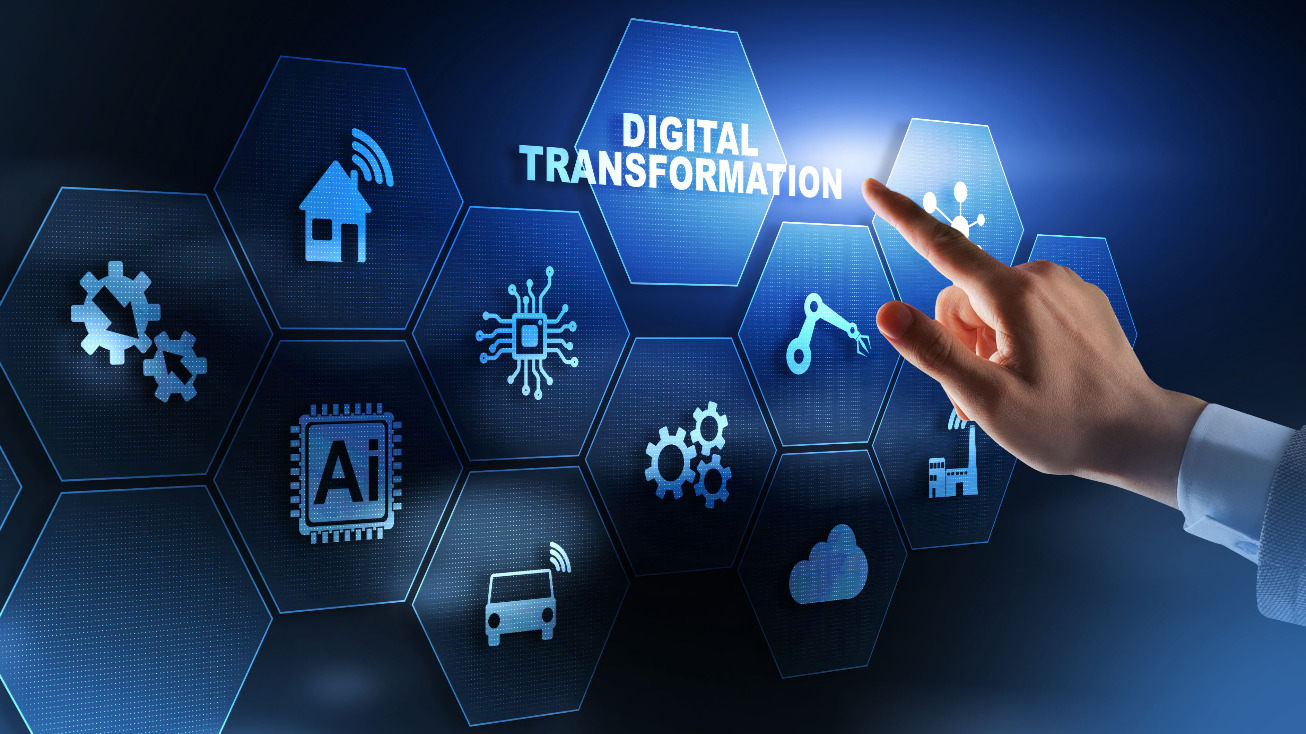Digital transformation and sustainability are two interconnected trends that are shaping the future of business. Digital technologies can play a significant role in promoting sustainability and circular economy principles, and here are some opportunities for green innovation and circular economy through digital transformation:
- Data-Driven Decision Making: Digital technologies enable organizations to collect, analyze, and interpret large amounts of data, which can help identify areas where sustainability improvements can be made. For example, data analytics can help organizations identify energy-saving opportunities in buildings, optimize supply chain logistics, and reduce waste.
- Smart Energy Management: The Internet of Things (IoT) and artificial intelligence (AI) can help organizations manage their energy use more efficiently. Smart sensors can monitor energy use in real-time, while AI can optimize energy consumption patterns and predict energy demand.
- Circular Economy: Digital technologies can facilitate the transition to a circular economy by enabling organizations to track and trace materials and products throughout their life cycle. For example, blockchain technology can be used to create a transparent and secure supply chain, while 3D printing can be used to produce products on demand, reducing waste.
- Sustainable Innovation: Digital technologies can enable organizations to develop new sustainable products and services. For example, virtual reality can be used to create immersive educational experiences that promote sustainability and circular economy principles, while artificial intelligence can be used to optimize product design for sustainability.
- Remote Work and Collaboration: Digital technologies enable remote work and collaboration, which can reduce carbon emissions associated with commuting and travel. By allowing employees to work from anywhere, organizations can reduce their carbon footprint and promote work-life balance.
In summary, digital transformation presents significant opportunities for green innovation and circular economy. By using data-driven decision-making, smart energy management, circular economy principles, sustainable innovation, and remote work, organizations can promote sustainability and reduce their environmental impact while achieving their business objectives.

